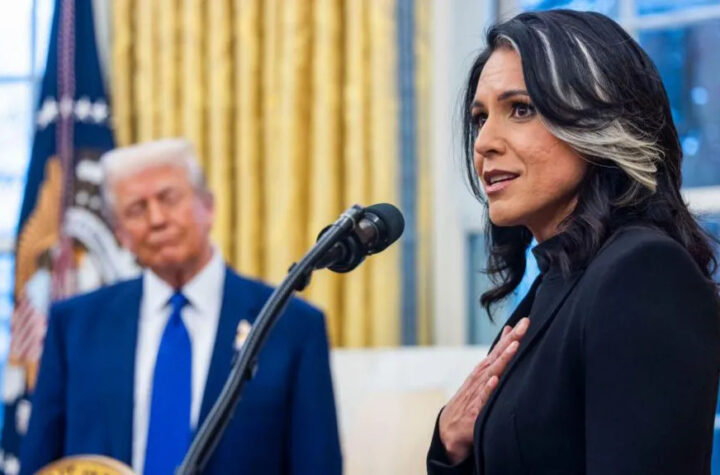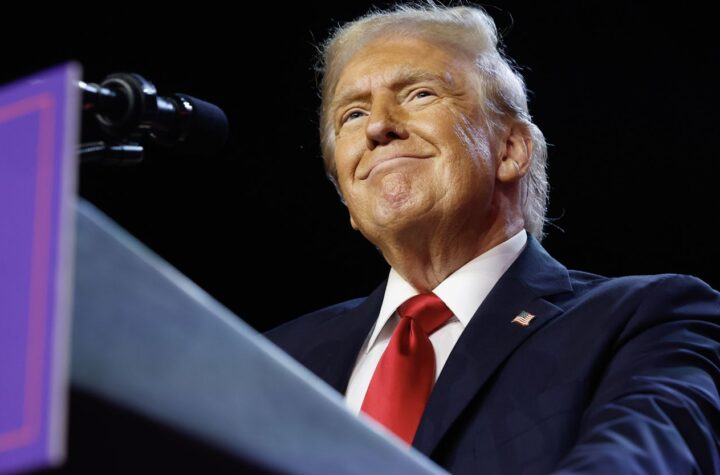“Could you please tell me your age?” It’s a simple question with an equally simple response. Individuals in South Korea, on the other hand, will find it difficult to address this problem.
In South Korea, a newborn is considered a year old when he or she is born. On New Year’s Day, they gain another year. This means that a child born in December will turn two in only a few weeks.
However, since the country’s president-elect Yoon Suk-yeol pushes for the abolition of this centuries-old technique of counting, this “Korean age” approach may soon be altered.
Although the new suggestion appears to have been well received by some, analysts are sceptical that it will be implemented.
The Korean age-measurement tradition can be traced back to China and other parts of Asia. However, it is thought that South Korea is the only country that still does so.
However, aside from being mocked, the policies have had serious consequences for South Koreans.
Some parents, for example, have attempted to circumvent the birth registration system out of concern that their December kids will be at a disadvantage in school and, as a result, later in life.
During the pandemic, there were also calls for age to be standardised when health officials used the international age and Korean age interchangeably to determine vaccine eligibility, causing a lot of confusion.
This isn’t the first time that South Korean officials have attempted to develop a universal age-counting system.
Two lawmakers introduced proposals along this line in 2019 and 2021, but they were not passed into law by the Korean Assembly.
Despite agreeing with the proposal from an administrative standpoint, experts are divided on what the new policy means for Korean culture.
According to Jang Yoo-seung, a senior scholar at Dankook University’s Oriental Studies Research Centre, the Korean age is a reflection of tradition.
But they can all agree on one thing: even if the international age is adopted, it’s unlikely that Koreans will quit using their “Korean age” very soon, whether officially or unofficially.











More Stories
Empowering Entrepreneurs: The Visionary Leadership of Payal Agarwal Jain
Jojo Acharya: Visionary Leader in People Analytics Driving Innovation and Business Growth
The AI Leader Shaping the Future of Work: Talamanchi Sai Yaswanth Reddy